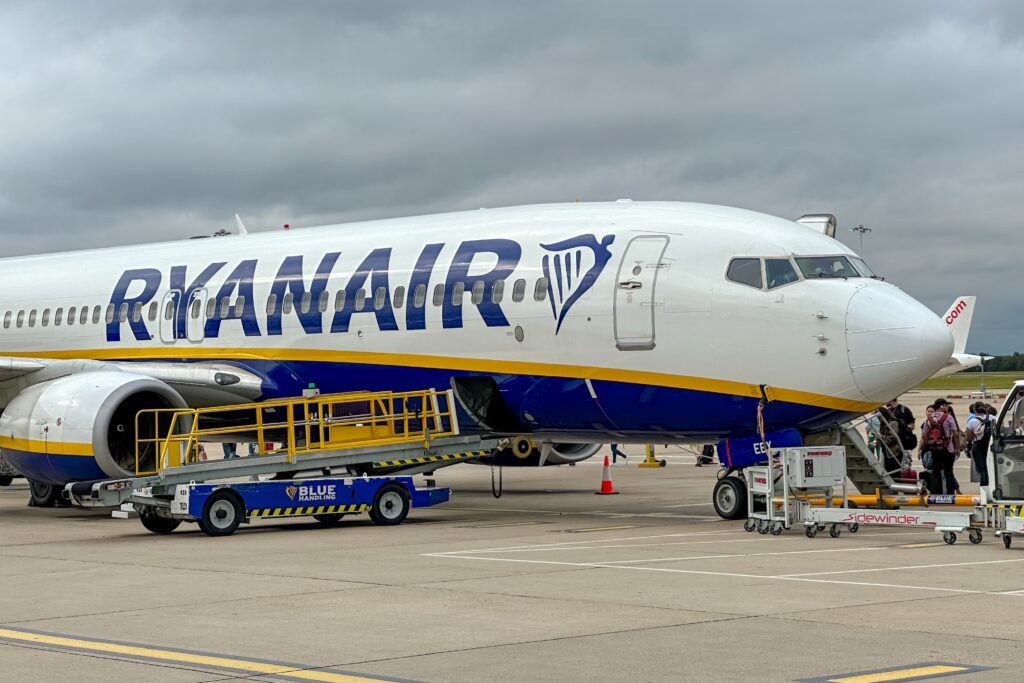Ryanair has announced a significant reduction in its Spanish operations for summer 2025, cutting 800,000 seats and eliminating 12 routes. The budget airline blames “excessive” airport fees set by Aena, Spain’s airport operator. Aena, however, accuses Ryanair of using aggressive tactics to demand reduced fees or free access to airports.
Regional Airports Suffer the Most
The cuts will primarily affect smaller regional airports. Jerez and Valladolid will lose Ryanair services entirely, leaving limited alternatives for travelers. Vigo will see a 61% reduction in capacity, while Santiago will lose one based aircraft, leading to a 28% cut. Other affected airports include Zaragoza, Asturias, and Santander. Despite these reductions, Ryanair is expanding operations at larger airports such as Madrid and Barcelona, which do not offer the incentives available to regional airports.
Fee Dispute Sparks Tensions
Ryanair claims Aena’s charges, frozen at €10.35 per passenger since 2024, are too high and discourage growth at regional airports. Aena counters that its fees are among the lowest in Europe and highlights its incentive program, which could reduce fees at smaller airports to just €2 per passenger. Aena President Maurici Lucena criticized Ryanair’s actions, calling them “threatening” and “disrespectful.”
Strategic Moves or Pressure Tactics?
Industry analysts suggest Ryanair’s cuts may be more strategic than financial. Despite the reductions, the airline plans to grow its Spanish operations by 5% in 2025, focusing on more profitable routes. Aena argues that Ryanair’s regional flights have been highly profitable, and the cuts are a tactic to pressure the government and airport operator.
While Ryanair insists its decision is due to fees, Aena maintains the airline’s ultimate goal is to operate at minimal or no cost, threatening the sustainability of Spain’s airport network. The dispute leaves regional airports grappling with reduced connectivity and uncertain prospects.
